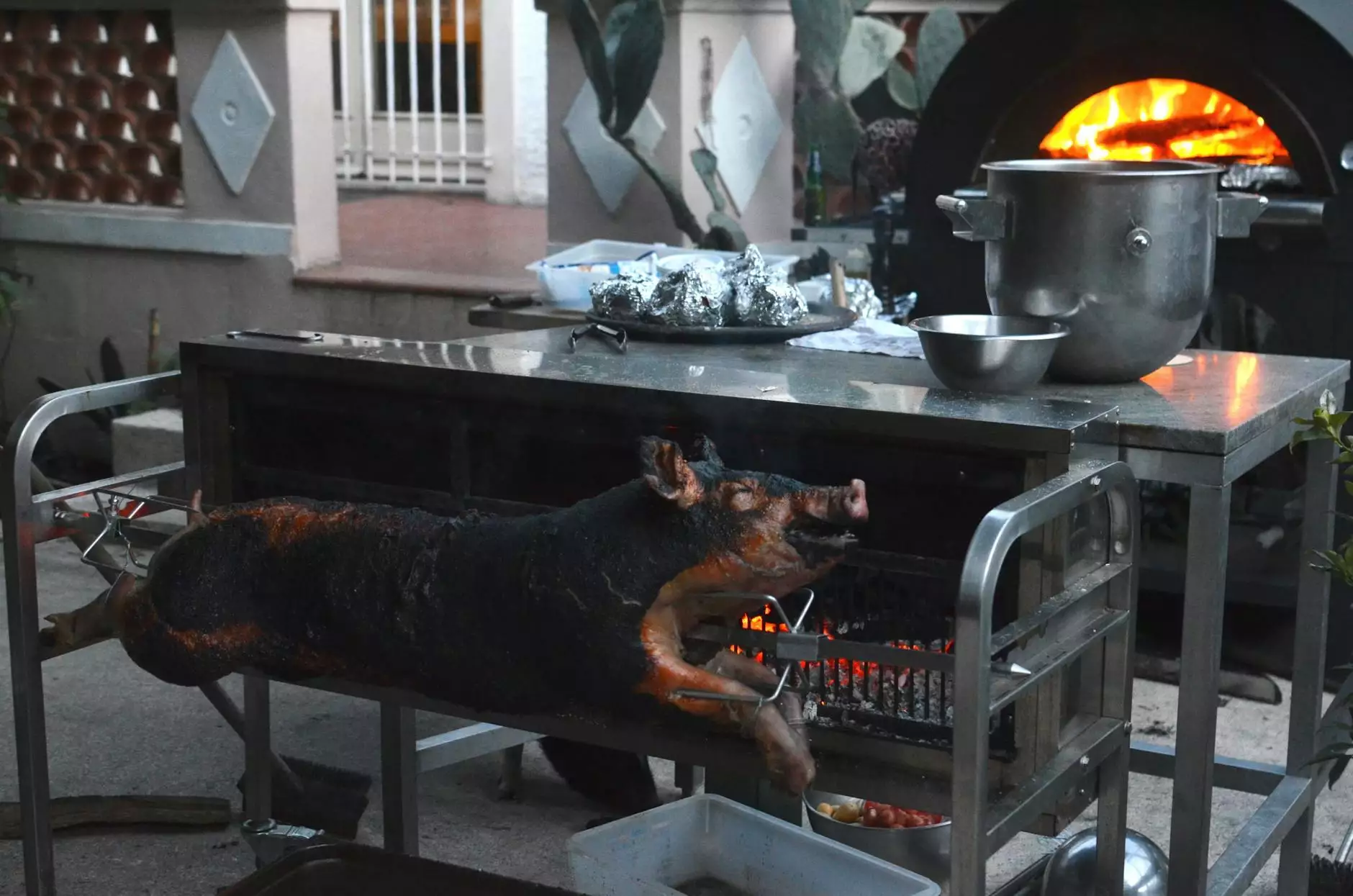The Ultimate Guide to Clean Meat Production

Introduction to Clean Meat Production
Clean meat production, also known as lab-grown meat or cultured meat, is a cutting-edge technology that is revolutionizing the food industry. At Uymeats, we are dedicated to bringing the benefits of clean meat to your table.
Benefits of Clean Meat Production
Clean meat production has numerous advantages for businesses in the food industry. First and foremost, it provides a sustainable and eco-friendly alternative to traditional meat production. By reducing the environmental impact of livestock farming, clean meat helps businesses contribute to a healthier planet.
Environmental Impact
Traditional meat production is resource-intensive and contributes significantly to greenhouse gas emissions. Clean meat production, on the other hand, requires fewer natural resources and produces lower emissions, making it a more sustainable option for businesses.
Health Benefits
Clean meats are produced in a controlled environment with no exposure to antibiotics or harmful chemicals. This results in a more hygienic and safer product for consumers, offering significant health benefits over conventionally produced meats.
Integration of Clean Meat in Food Businesses
Integrating clean meat products into your food business can bring a competitive edge and attract environmentally conscious consumers. By offering imported food options that prioritize clean meat production, you can differentiate your business and appeal to a growing segment of health-conscious customers.
Quality Assurance at Uymeats
At Uymeats, we adhere to the highest standards of quality assurance in meat shops. Our commitment to clean meat production ensures that every product that reaches your customers is of the highest quality, free from contaminants and antibiotics.
Conclusion
Embracing clean meat production can transform your food business and align it with sustainable practices that benefit both the environment and consumer health. Partner with Uymeats to access top-tier clean meat products and lead the way in the future of food production.



